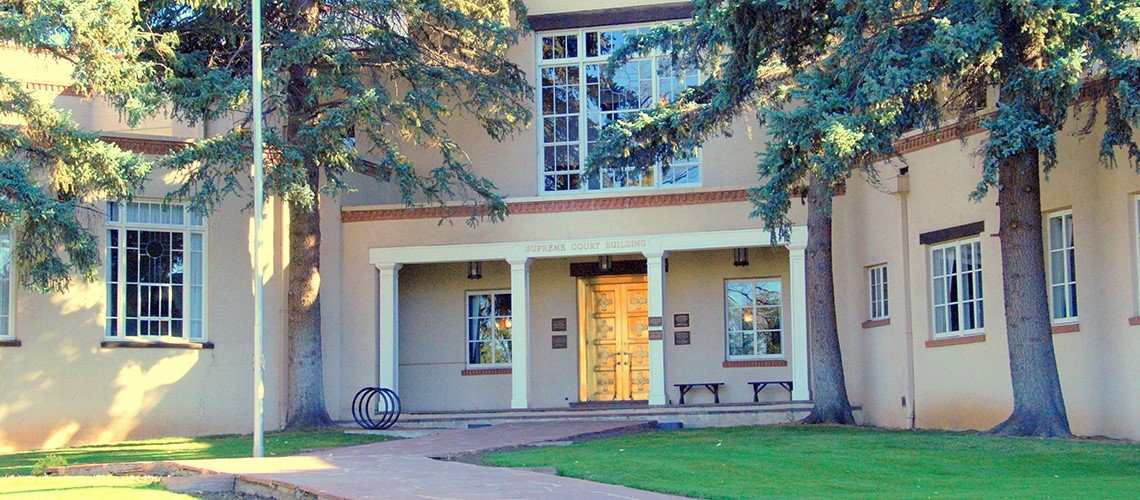
A Hobbs man “was unconstitutionally deprived of the right to counsel when his guilt was determined,” the state Supreme Court ruled March 4. A misdemeanor conviction was overturned.
Antonio Cruz asked for a lawyer before a magistrate court after being arrested for breaking dishes and other items in his girlfriend’s home in 2017. The court found Cruz guilty with a no contest plea a month before an attorney was appointed.
“This case serves as a reminder that fundamental constitutional rights cannot be jettisoned for the sake of judicial efficiency,” the court unanimously concluded in an opinion written by Justice Barbara J. Vigil.
“At every level of our courts, the Constitution must stand as an immovable bulwark to secure the rights of individuals in every case. Central to our criminal justice system is the right to counsel, which in turn ensures the protection of all other rights. It is the right to counsel that was denied in this case.”
No Attorney
About a month later, a public defender filed a document in the magistrate court case to officially represent Cruz and asked to withdraw the plea made without legal representation, according to a Supreme Court press release.
The magistrate court denied the request and sentenced Cruz, suspending his jail time except for two days that he had served after his arrest. He was placed on supervised probation for 182 days to be followed by 180 days of unsupervised probation. His fines and fees totaled $323. A district court dismissed Cruz’s appeal and the court of appeals upheld his conviction.
The Supreme Court reversed their decisions, raising on its own the issue of the constitutional right to counsel. It was not among the arguments made in the defendant’s appeal.
The state’s top court found the district court wrongly dismissed Cruz’s appeal. The district court ruled that the defendant had taken no action on the appeal in violation of a rule that cases must be brought to trial within six months.
The “six-month” rule was abolished in 2010 for district court criminal cases and it is the responsibility of the prosecution – not the defendant – to move a case forward to trial, the Supreme Court said.


